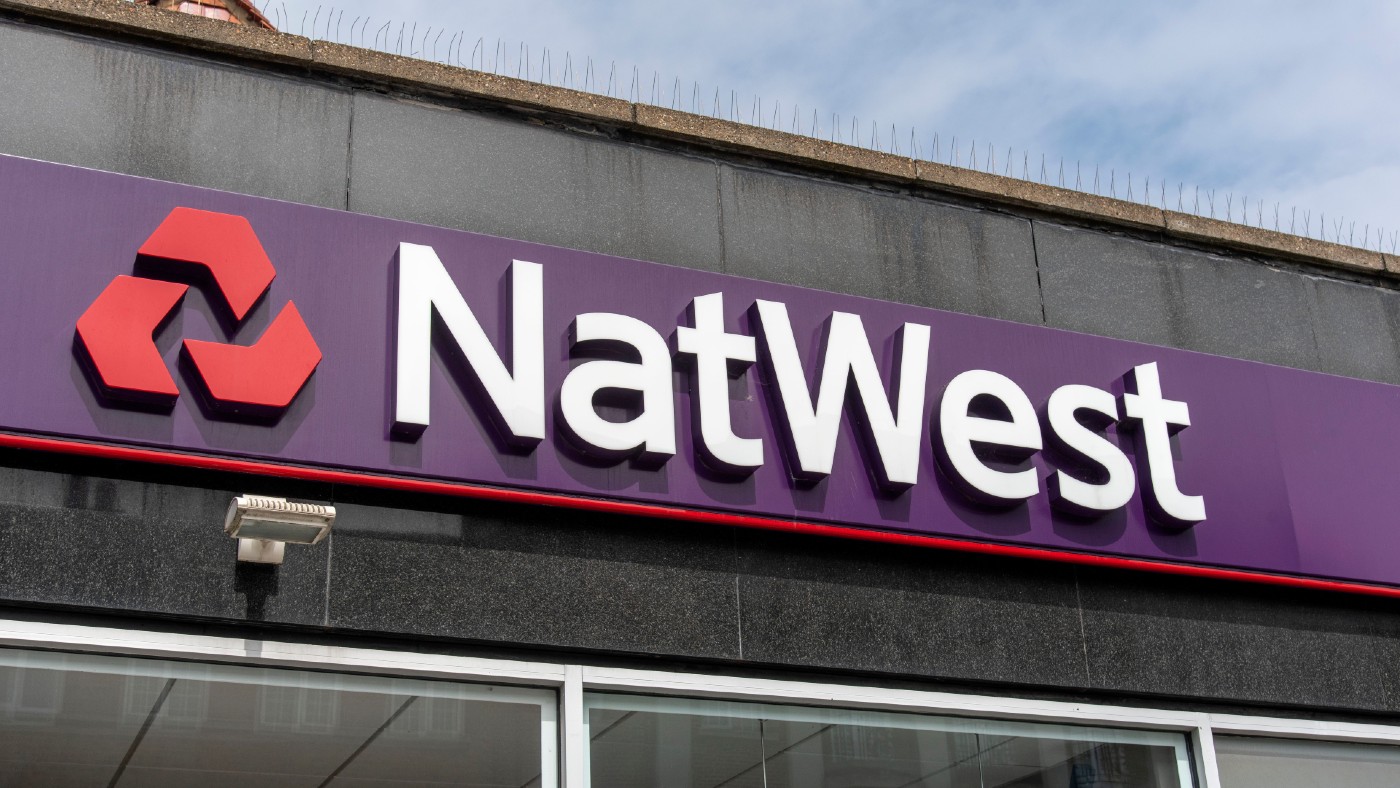NatWest: a failure to apply the smell test
Bank fined nearly £265m for money laundering scandal

A free daily email with the biggest news stories of the day – and the best features from TheWeek.com
You are now subscribed
Your newsletter sign-up was successful
NatWest has been fined nearly £265m for failing to stop a money-laundering scheme that lasted five years, took in around 50 branches nationwide, and featured “black bin liners” stuffed so full of cash “that one branch’s two floor-to-ceiling safes proved ‘inadequate’ for storing it all”, said Rupert Jones in The Guardian.
The case centres on the Bradford jeweller Fowler Oldfield – which deposited around £365m from 2012 to 2016, when it was shut down after a police raid. It is the first time a UK bank has faced criminal prosecution by the Financial Conduct Authority under anti-money-laundering laws. When the money laundering was at its height, up to £1.8m of cash was deposited daily – quite an achievement for a supposed “scrap gold” dealer, which had told the bank it had an annual turnover of £15m.
Staff at some branches “thought something was up”, complaining that some deposits, featuring suspiciously large numbers of Scottish bank notes, had a “musty smell”, suggesting they’d been stored for some time, said Alistair Osborne in The Times. But it seems that management had such “heavy colds” they couldn’t smell a rat. Sadly, since the taxpayer owns 55% of NatWest (formerly RBS), “we’re all on the hook” for the fine.
The Week
Escape your echo chamber. Get the facts behind the news, plus analysis from multiple perspectives.

Sign up for The Week's Free Newsletters
From our morning news briefing to a weekly Good News Newsletter, get the best of The Week delivered directly to your inbox.
From our morning news briefing to a weekly Good News Newsletter, get the best of The Week delivered directly to your inbox.
“So far, we only have part of the story,” said Alex Brummer in the Daily Mail: the payees, who are allegedly part of a criminal conspiracy, have yet to come to court. Even so, the failure of managers is mind-boggling. Unlike, say, the HSBC money-laundering case – which involved drug money in obscure Mexican branches – these “shenanigans” were in plain sight. “The only credible defence of NatWest is that after being all but bankrupted by Fred Goodwin, survival was the priority in the years after the financial crisis.” Still, it seems a thin one.
A free daily email with the biggest news stories of the day – and the best features from TheWeek.com